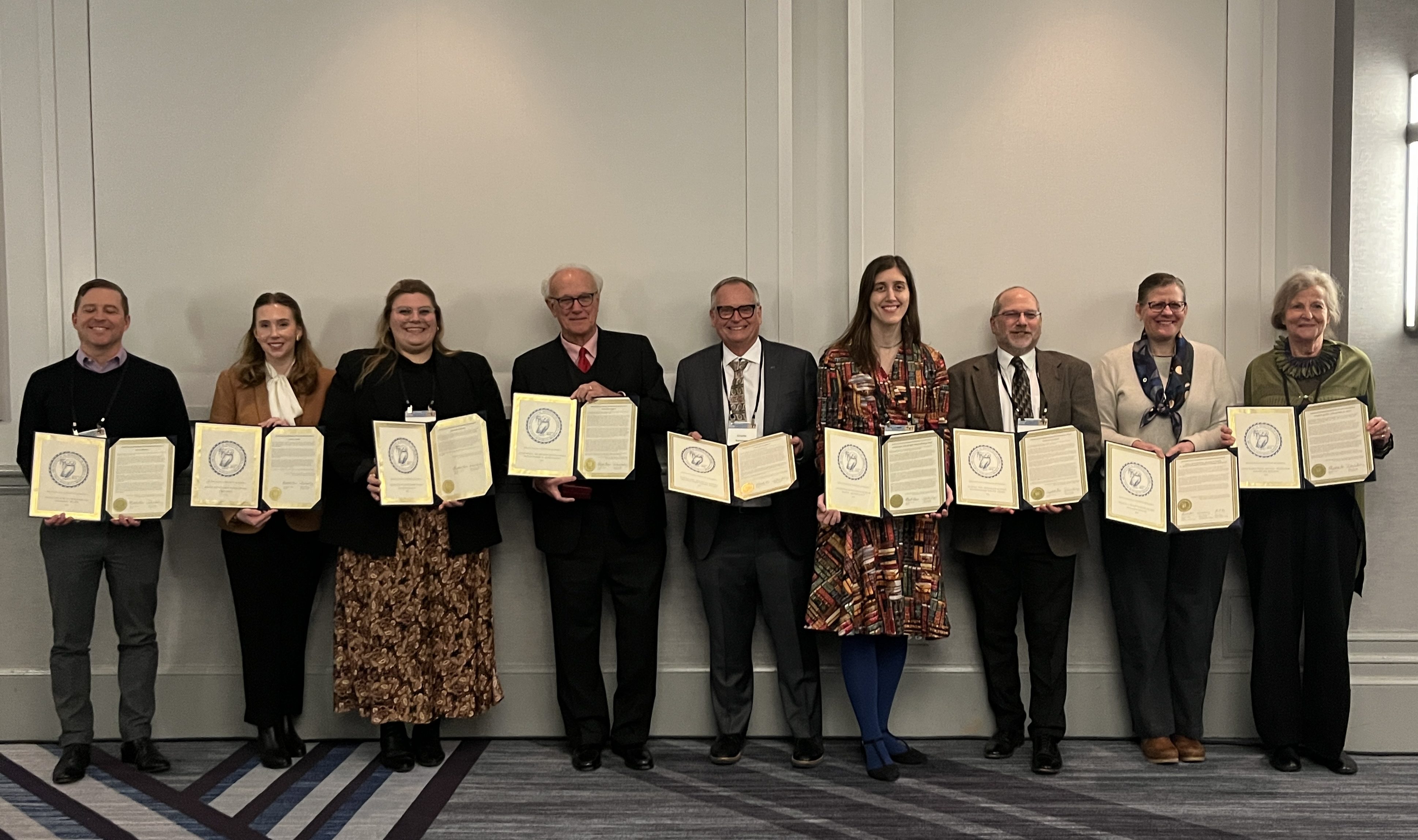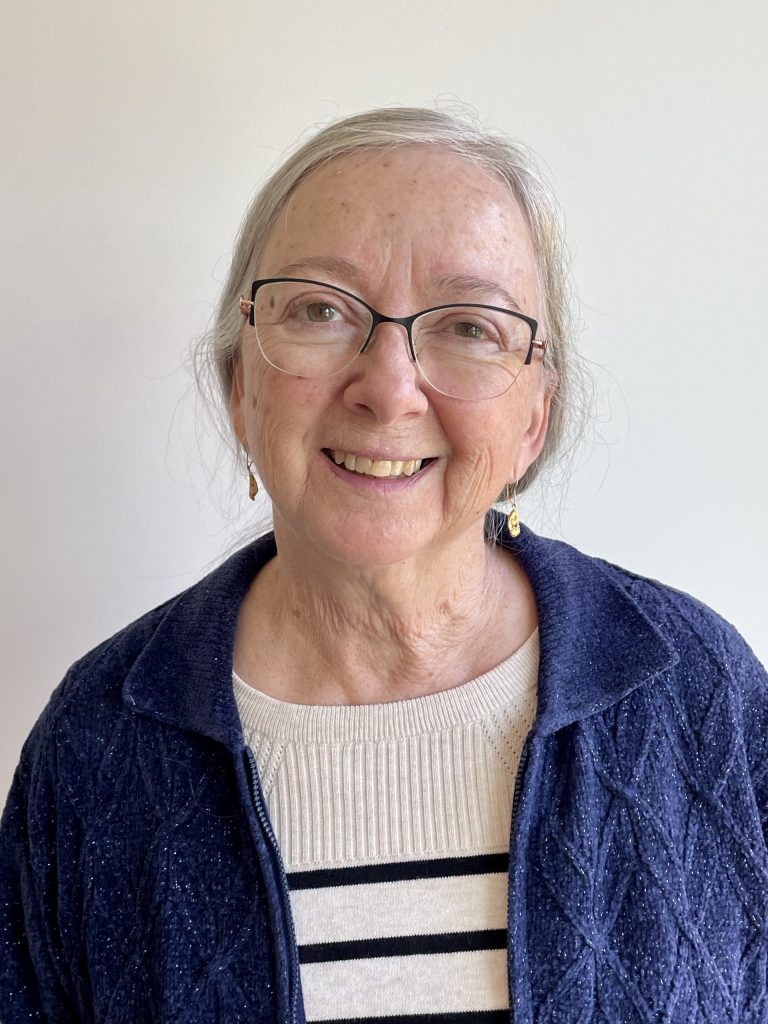January 31, 2024

Congratulations to the individuals, projects, and publications that received awards at the 2024 AIA Award Ceremony in Chicago, IL! Are you interested in applying for any upcoming AIA Awards with spring deadlines (February-April)? We have reached out to last year’s winners to learn about their projects, experiences, and what drew them to the field of archaeology.

Deborah Pearsall (University of Missouri, Columbia)
Award: Pomerance Award for Scientific Contributions to Archaeology
Deadline: April 1
What drew you to archaeology?
I was an undergraduate at the University of Michigan (1969-1973). As a sophomore I was unsure what to major in, and so took courses in subjects I knew nothing about—one of which was anthropology. Something about archaeology stuck with me, and after trying some field work the following summer (more on that, below), I became an anthropology major. I wrote a paper about maize for Prof. Henry Wright’s archaeology class; Henry gave it to Prof. Richard Ford to read; Dick asked me if I’d like to learn how to study maize cobs, and “the rest is history” as they say.
Tell us about your history with the AIA:
The spring of my sophomore year (1971) I decided I’d like to try out archaeology. I had no training, so I looked for a dig that accepted volunteers. There were ads for such digs in the back of Archaeology magazine, and long story short, I ended up volunteering at an excavation at Greenwich Palace. I dug for a few weeks in the kitchen area, stayed with a local family, and had a wonderful experience on the excavation and afterwards traveling around England and Scotland.
What’s next for you professionally?
This is now my 10th year in retirement, and I am ALMOST done with writing up old projects. Next up is the 4th edition of Paleoethnobotany: A Handbook of Procedures, this time with my former student and now colleague Dr. Neil Duncan as co-author.
Do you have any advice for aspiring archaeologists?
Don’t be afraid to explore new approaches, methods, viewpoints. The best advice I was given was from my graduate advisor, South American archaeologist Donald W. Lathrap, who told us: look for the evidence/data where your hypothesis tells you it SHOULD BE, not where the existing evidence/data are.
What achievement are you most proud of?
I’m most proud of my work in developing a way to identify maize archaeologically through phytolith analysis. I did this research because Dr. Lathrap hypothesized that maize was key to the Ecuadorian Formative, but macroremains (charred bits of plants, like maize kernels) were poorly preserved in the lowland tropical environment. So I developed a way to test for maize using well-preserved silica bodies, and found it at the Early Formative Real Alto site.
Questions? Learn more about AIA Awards here or reach out to awards@archaeological.org